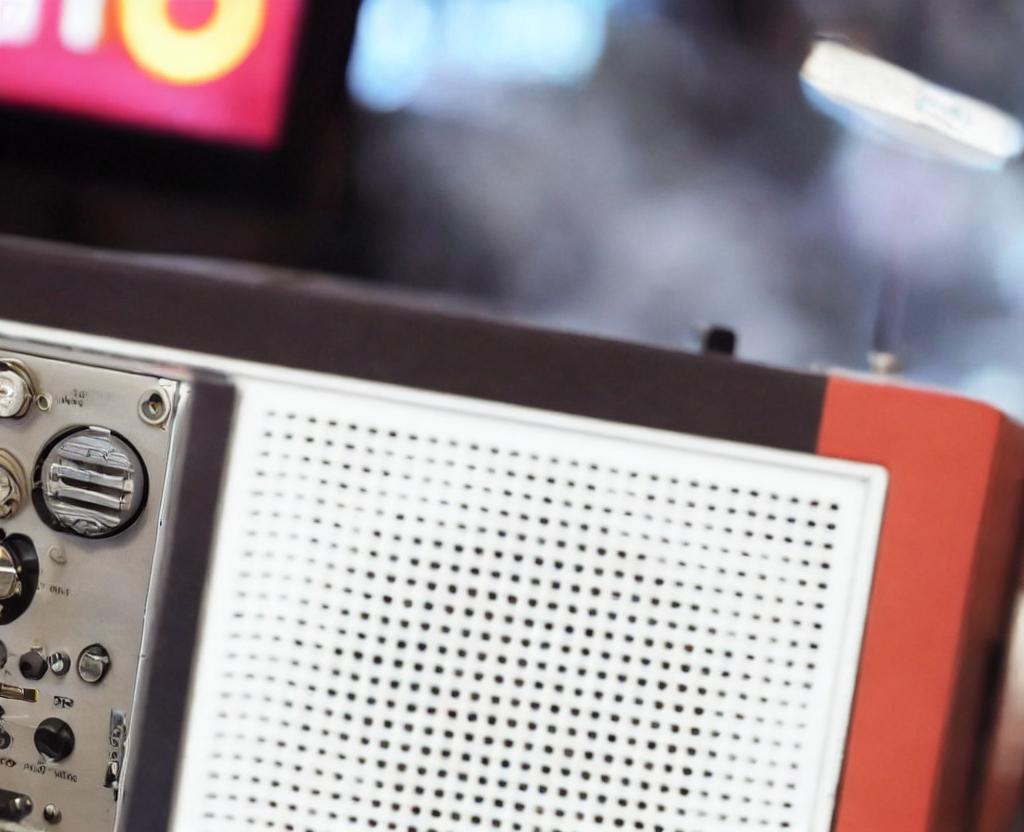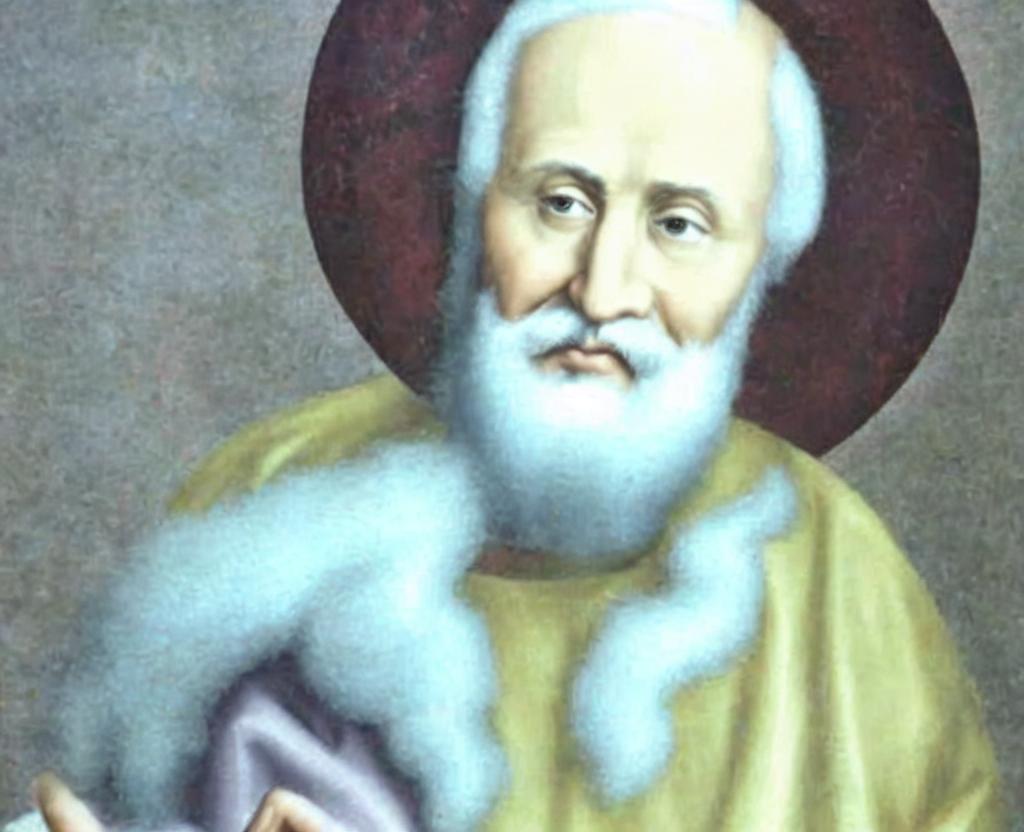
World Radio Day
Every year, World Radio Day (February 13th) honors radio as the world's largest mass media reaching the largest audience. The day also acknowledges the ability of radio to promote plurality and create a more inclusive world.
Marconi vs tesla
Over the years, there has been a lot of controversy over who the radio's programmer really is. Guglielmo Marconi and Nikolai Tesla are two men at the forefront of the controversy. Marconi is best known for his wireless telegraphy experiments and his 1896 patent for wireless telegraphy in England. He also founded Marconi Wireless Telegraph Ltd and broadcast the first signals across the Atlantic Ocean. Tesla invented a wireless radio in 1893 and obtained his patent in the United States in 1900.
Marconi eventually succeed in obtaining a patent in the United States in 1904, despite repeated requests to the US Patent Office, contributing to the so much confusion. Marconi's patent was overturned in 1943 by the US Supreme Court in favor of Tesla, but Tesla was not favored by Tesla. Tesla never lived to hear the verdict, though. He died just a few months ago.
Signals and broadcasting are also broadcasting in the United States and broadcasting
Radio signals were used to alert ships at sea before 1920. Radio signals were used to contact ships at sea before 1920. Following WWI, however, civilians began buying radios for their homes. Over 100 million households in the United States used radios by the 1920s by the end of the century. A radio will cost about $150 at this moment. In the year 2020, this is equivalent to $1,927. This is equivalent to $1,927. A radio will cost you just $20 today.
The very first radio stations in England, KDKA in Pittsburgh and the British Broadcasting Company (BBC) in England, were the first radio stations in the United Kingdom. On November 2, 1920, the first radio broadcast in the United States took place. 1920 was the first radio broadcast in the United States. Warren Harding defeated James Cox in the presidential race, according to Broadcasters. Radios served as a source of entertainment, in addition to the news. In 1947, 82 out of 98 out of 100 Americans listened to the radio regularly.
Listeners tuned in to their favorite soap opera, a quiz show, and sporting event along with music and news.. Radio has continued to entertain and inform listeners from around the world over the years. Around 44,000 radio stations exist worldwide, with approximately 44,000 radio stations operating. Nearly 80% of households in developing countries listen to the radio.
How to celebrate #worldradiodaycom
More people than ever listen to music or get their news via the Internet, and more people than ever watch television or read newspapers on the internet. Tune in to celebrate if it's been a while since you've been listening to the radio. Other ways to participate include:: Here are some other ways to participate: http://www.google.com
- Listen to songs about the radio, including Rush's "Spirit of the Radio," "Turn Up the Radio" by Autograph, Donna Summer's "On the Radio" by Blake Shelton, and "Country on the Radio" by Blake Shelton. Click here to listen to songs about the radio
- Research the past of the radio and discover how it has influenced our culture
- Imagine what your life would be like without the radio.
- Share your memories of being a child listening to the radio as a child
However you celebrate, invite someone to join you. With #WorldRadioDay, you can share your love for the radio on social media with #WorldRadioDay.
History is told by the world radio day in the United States
In September 2010, the Spanish Radio Academy in Spain requested that the UNESCO executive board include a proclamation of World Radio Day in their agenda. The Arab States Broadcasting Union (ASBU), the European Broadcasting Union (EBU), and other broadcasting unions around the world all supported the proclamation in 2011. UNESCO declared February 13th as World Radio Day during its 36th session.
The United Nations General Assembly officially approved the proclamation on January 14, 2013. The UN Radio's February 13th, which occurred on this date in 1946, is significant because it was the UN Radio's first UN Radio on this date. Currently, United Nations Radio is referred to as UN News.
The following are the most recent themes that have been included:
- Radio and Diversity in 2020: Radio and Diversity, Radio and Diversity. Radio and Diversity in the United States
- Dialogue, Tolerance, and Peace in 2019: Dialogue, Dialogue, Tolerance, and Peace
- 2018: Radio and Sports, Inc
- 2017: Radio is You
- Radio in Times of Emergency and Disaster 2016: Radio in Times of Emergency and Disaster







